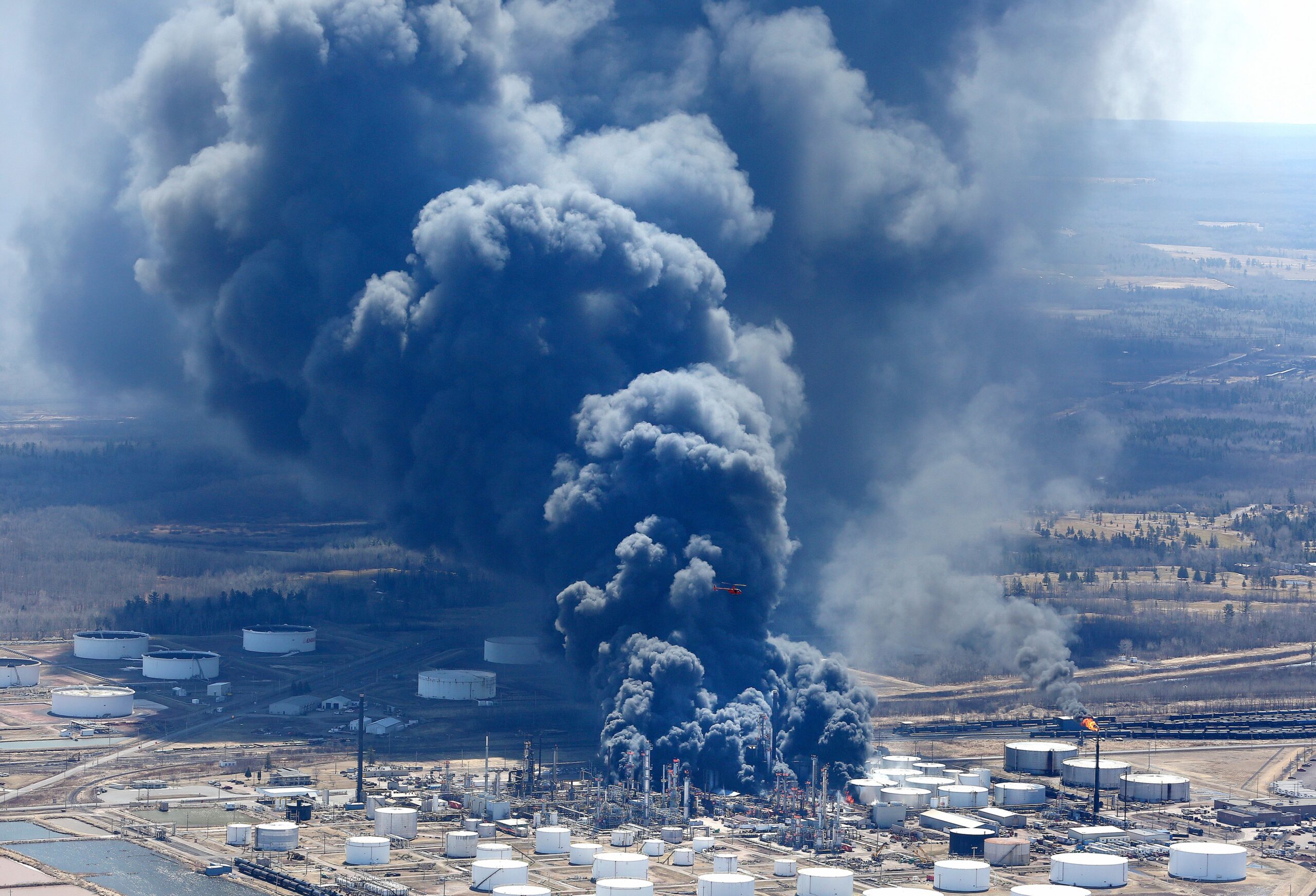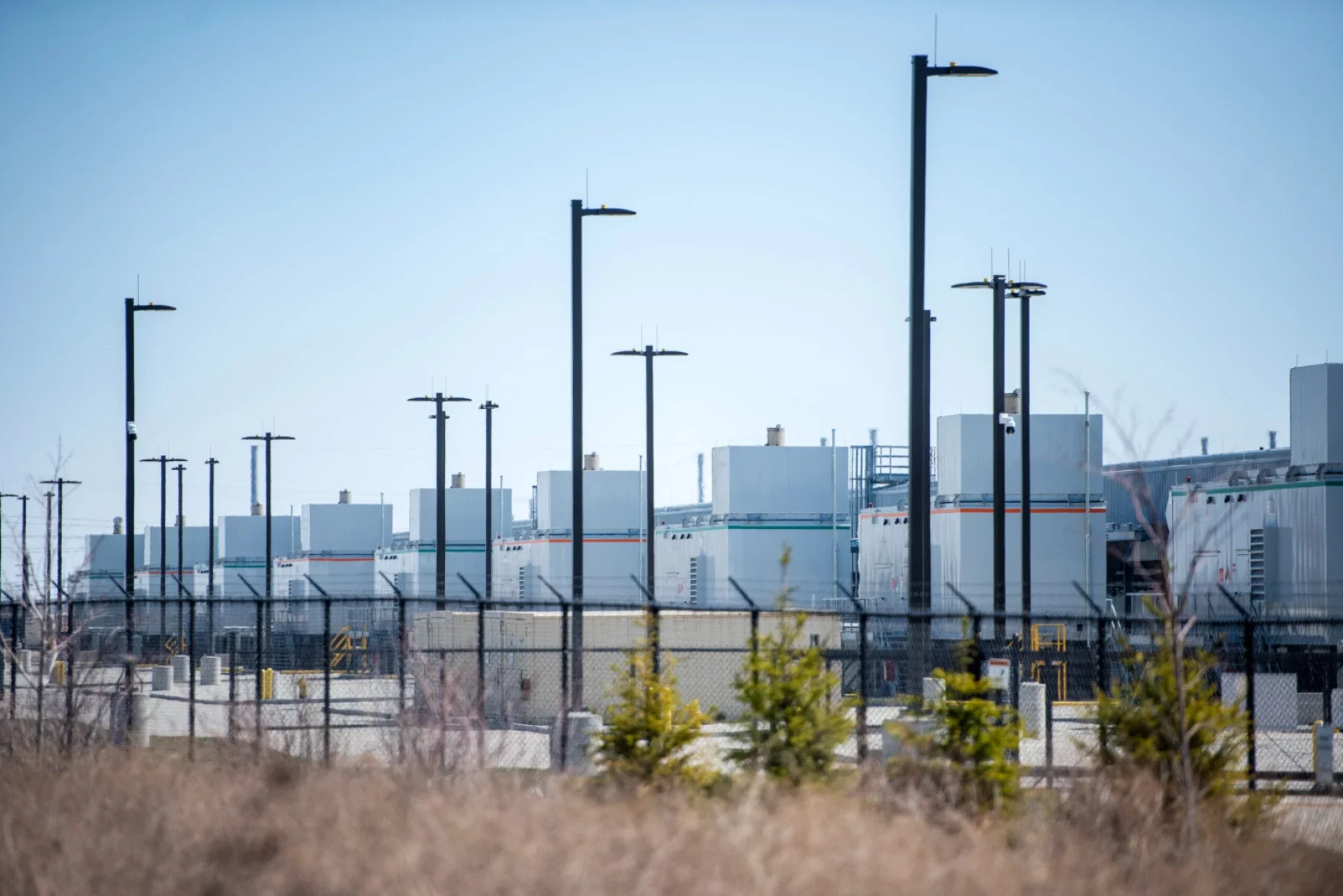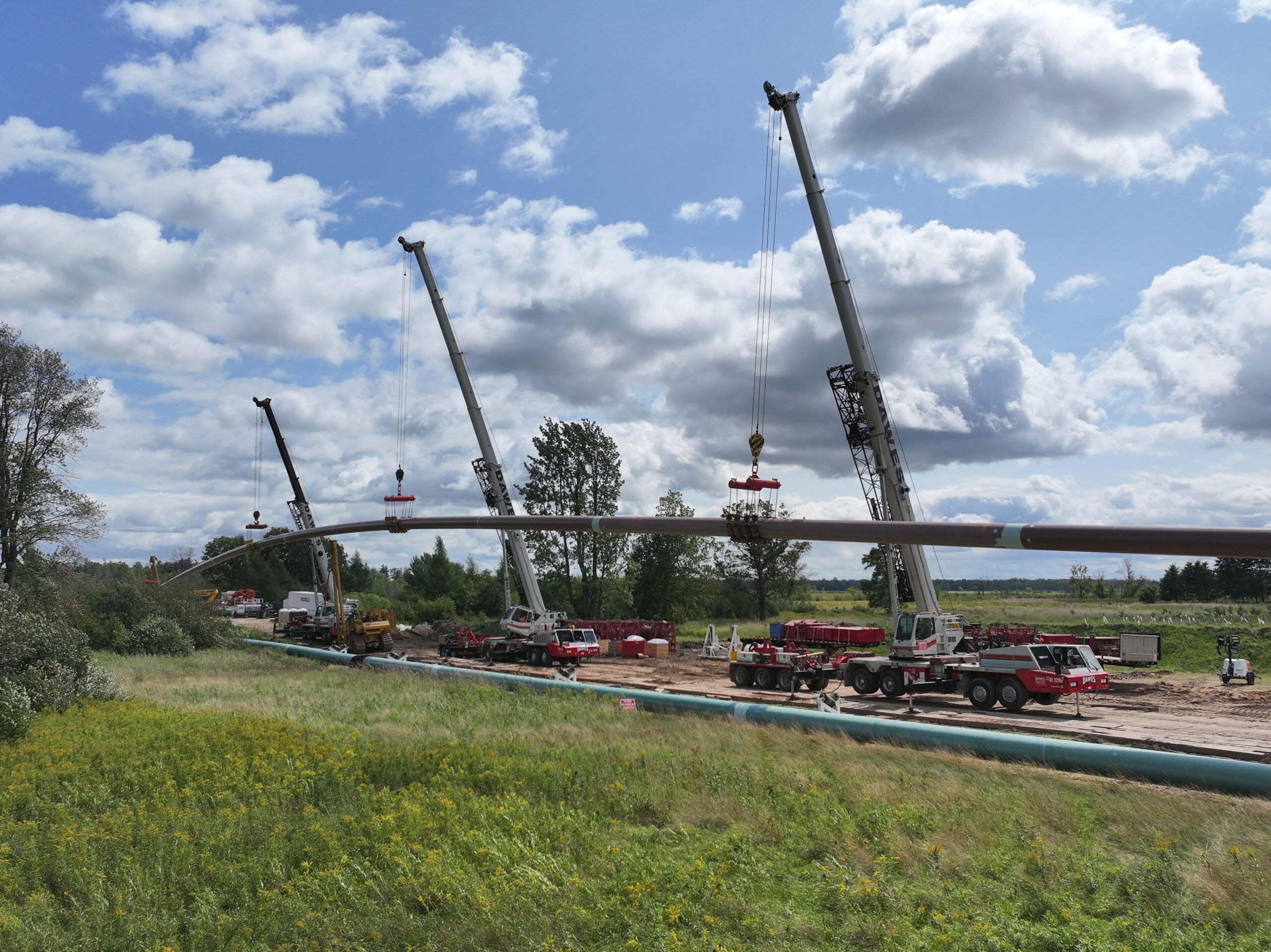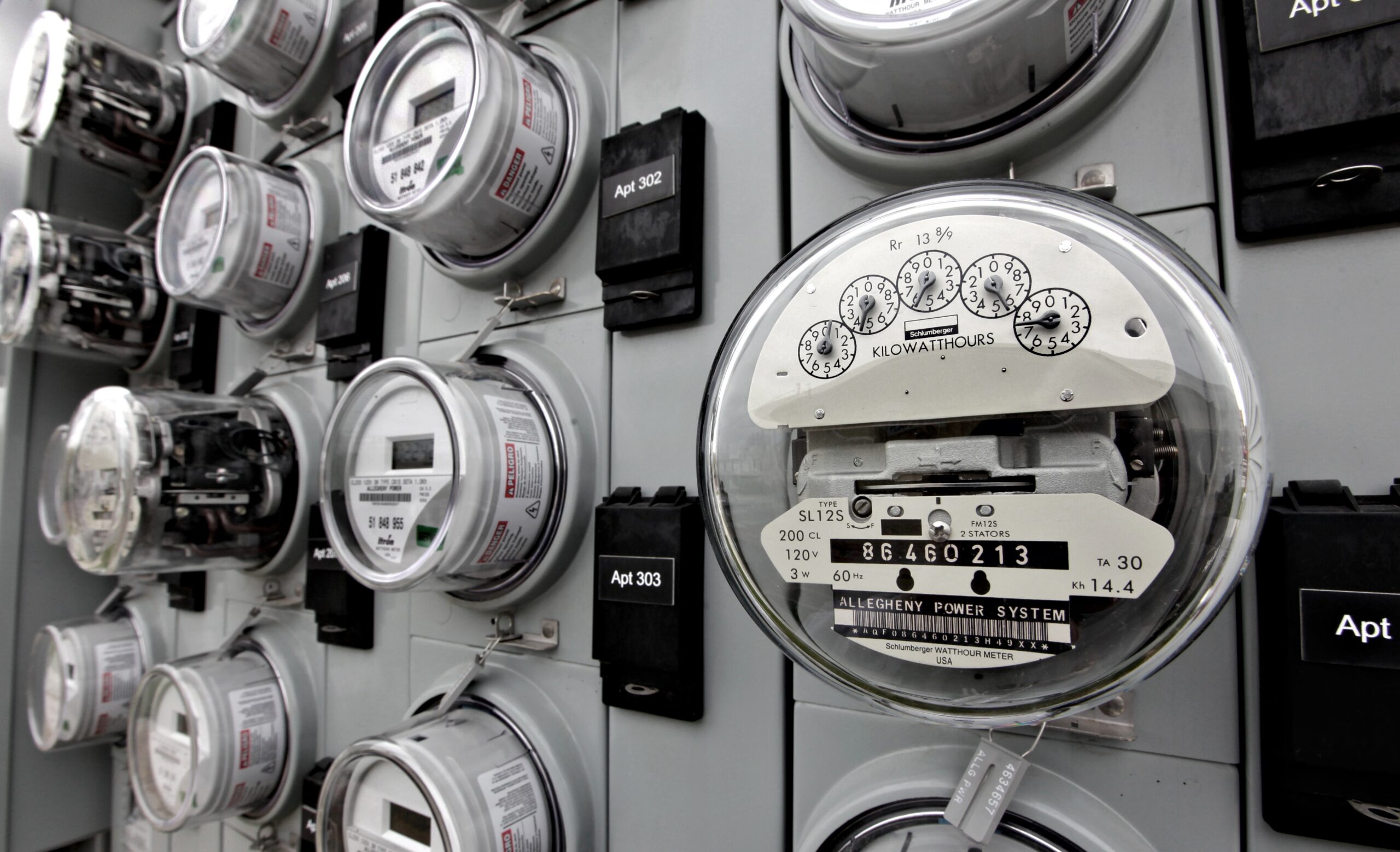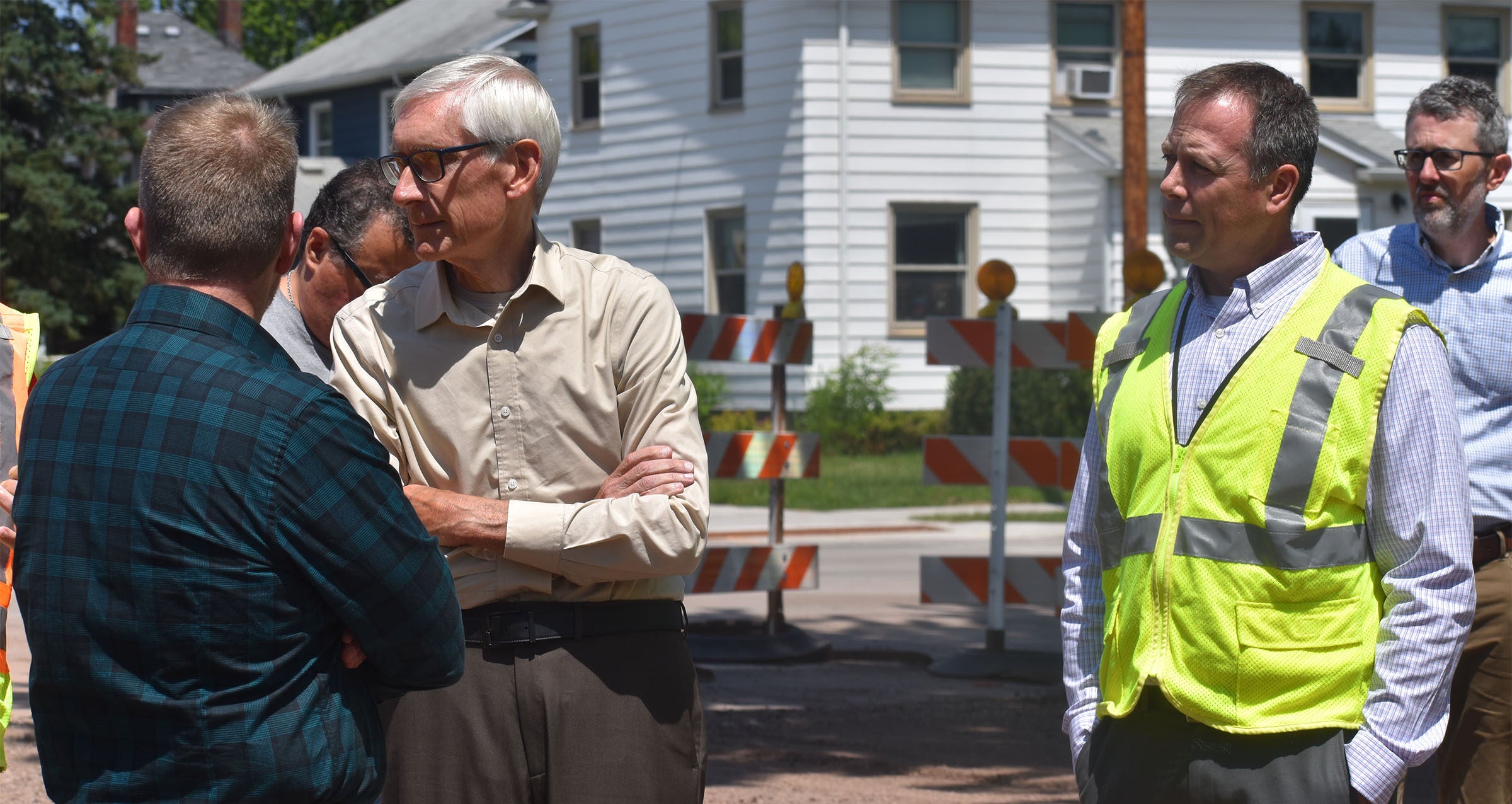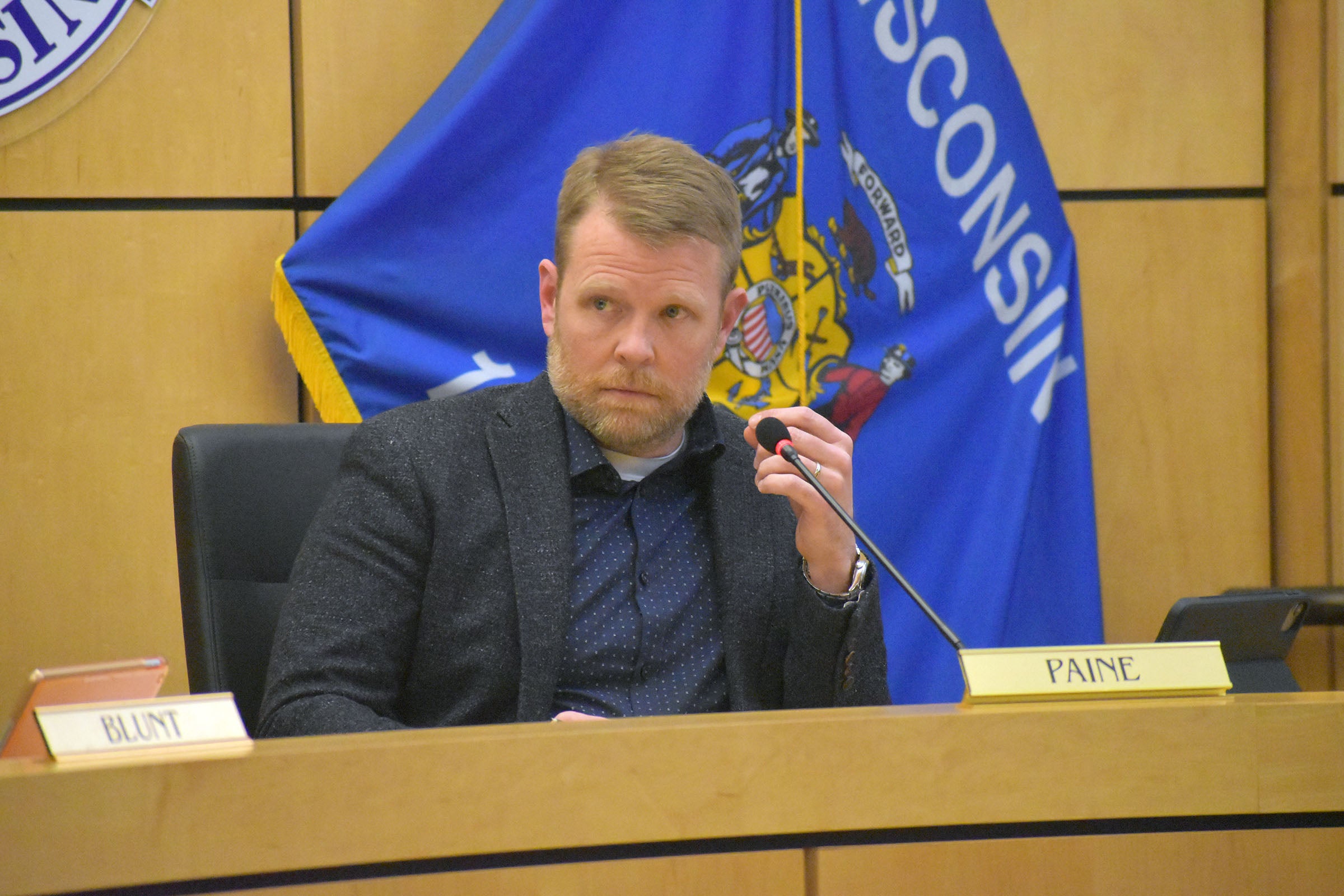Superior residents will pay less for water service next year as Wisconsin’s only oil refinery is set to come back online following an explosion in 2018.
Privately-owned Superior Water Light & Power is proposing to cut water rates by 9.6 percent for its roughly 10,000 water customers. While it’s moving to reduce rates, the Superior utility is also proposing to raise $3.3 million in revenue to pay for safety and reliability upgrades by increasing electric rates 3.1 percent while gas rates would go up by 8.7 percent.
“The requested rate adjustments reflect changes in operating revenue, operating expenses and customer base, including higher projected water sales in 2023 as the Superior Refinery is expected to return to operations,” the utility wrote in a Public Servise Comission of Wisconsin filing. “The oil refinery has been offline since it was damaged in a fire in April 2018.”
News with a little more humanity
WPR’s “Wisconsin Today” newsletter keeps you connected to the state you love without feeling overwhelmed. No paywall. No agenda. No corporate filter.
The utility’s regulatory compliance manager Joscelyn Skandel said the refinery made up 26 percent of all water sales.
“We had our largest customer go off offline and had to make a change at that point in time with the intention of adjusting again in the future,” said Skandel. “And, that’s exactly what we did.”
The PSC held a public hearing about the utility’s proposal on Wednesday. No members of the public spoke. Alex Grymala, who lives in the village of Superior, is among residents who said in 2018 that increasing rates wasn’t justified due to the refinery’s shut down. Grymala said he’s glad Superior Water Light & Power is reducing water rates.
“I’ve lived here in this house now for 20 years, and there’s no restriction against drilling a well. If I’d have known that they were going to charge as much for water as they’re doing, I would have drilled my own well when I first moved into this house,” Grymala said. “So, any decrease is going to help.”
The current monthly water bill is roughly $58 for the average residential customer using around 3,000 gallons each month. That includes a fire protection charge of $13. Under the proposed decrease, the average homeowner’s monthly bill would be close to rates charged prior to the increase or roughly $4 less each month.
The last time the utility raised rates was in 2018 when the commission approved an 8.55 percent increase in water rates, as well as a 1.21 percent increase in gas rates and a roughly half percent increase in electric rates.
Wisconsin’s Citizens Utility Board, which advocates on behalf of ratepayers, did not object to the utility’s proposed increases in gas and electric rates in testimony before the commission. However, the group along with commission staff are recommending a decrease in Superior Water Light & Power’s rate of return on profits from 10.4 to 10 percent.
“Customers are going to be faced with challenges paying for everything. We think bringing down those profits is really a necessary move,” said Tom Content, CUB’s executive director.
Content noted spot prices for natural gas in August reached $8.81 per million Btu, a measure of the heat content of fuels. That’s more than double spot prices for natural gas at the same time last year, which had remained below $4 per million Btu for much of the last decade.
Content said utilities buy a portion of the gas they’ll need for the winter during summer months when prices spiked. That’s expected to affect heating costs this winter. The Citizens Utility Board is urging customers to take steps now to make energy upgrades to their homes to prepare for higher bills.
Skandel with Superior Water Light & Power said higher costs for gas are already being passed through to customers on their bills, emphasizing the utility’s proposed increase in gas rates is tied to system upgrades. She also noted the increase isn’t linked to a proposed $700 million gas plant in Superior. The utility is planning to build a gas line to serve the plant, but Skandel said that wouldn’t be addressed until a future rate case.
An audit by PSC staff estimates that the utility would have to raise electric rates around 2.6 percent and natural gas rates by 7 percent to cover the cost of operations with a 10 percent return on profits. The audit also found water rates could be reduced by just 7.3 percent.
The PSC has the final say over what rates are approved, which would take effect in January. The commission is accepting public comments on the utility’s rate proposal through Monday.
Meanwhile, the refinery’s new owner Cenovus Energy said it’s on track to restart operations in the first few months of next year. The company said in April that the cost to rebuild the refinery had grown to around $1.2 billion, most of which would be covered by insurance. The Canadian firm has budgeted around $417 million this year for capital investments at the refinery, which normally employs around 200 workers year-round.
Editor’s note: The Citizens Utility Board is an underwriter of Wisconsin Public Radio.
Wisconsin Public Radio, © Copyright 2025, Board of Regents of the University of Wisconsin System and Wisconsin Educational Communications Board.

